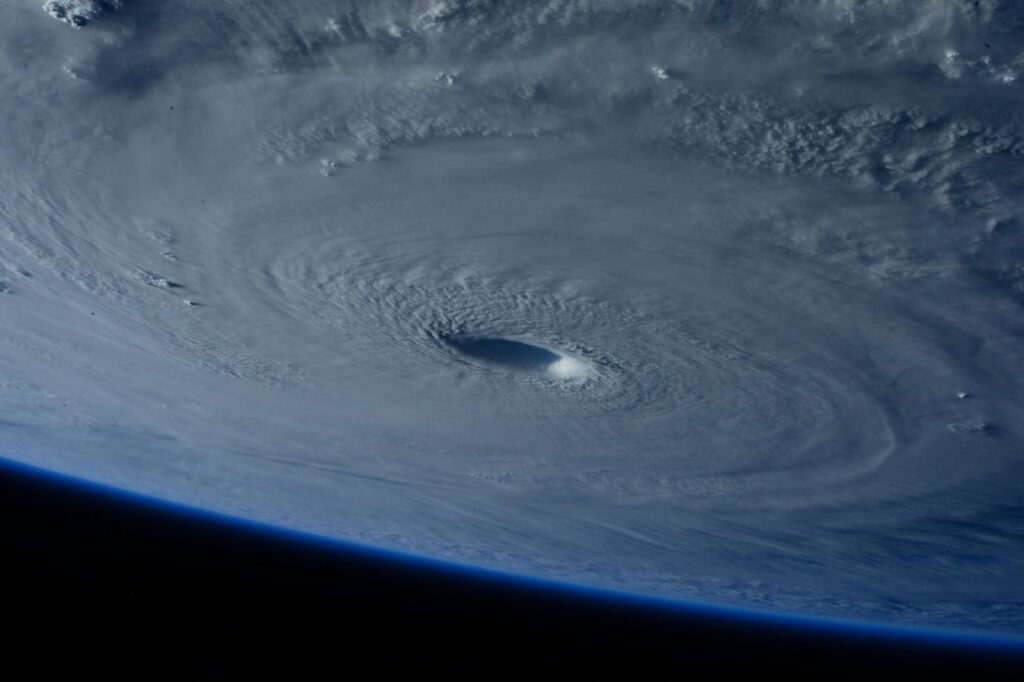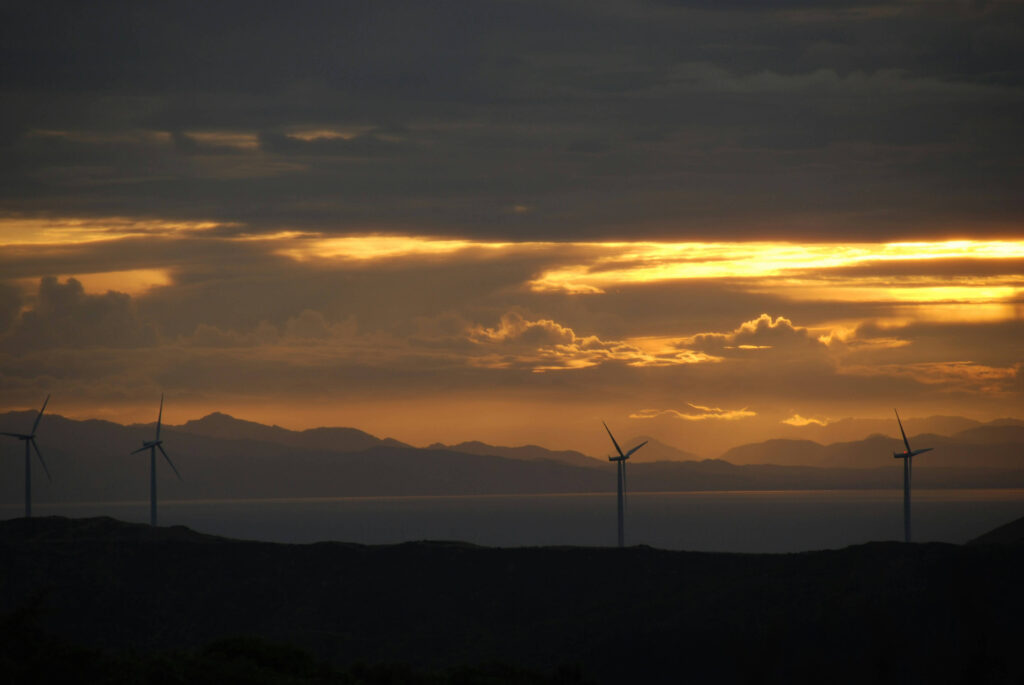Beyond the Hype: The Strengths, Weaknesses, and Impacts of Modern AI
In our webinar on Wednesday 18th March, Emeritus Professor Anthony Robins will cover a very brief history and overview of the various technologies that have been and are called “Artificial Intelligence” (AI), with a focus on the currently significant “large language models” such as ChatGPT.
Read MoreNovember 2025
CONTENTS – Three Sobering Charts – Shanghai’s Underwater Data Centre – Transforming Africa’s food system with renewable energy – Australia’s clean power push – EU agrees weakened climate target for COP30 – How sickly forests are felling Europe’s climate ambitions – Solar Geoengineering
Read MoreRecent Event: Quantifying the contribution of climate change to extreme weather events
When an extreme heat wave, torrential downpour, or massive wildfire occurs, how do we know whether and how much of a role climate change played? Resilient River Communities hosted this presentation by Dr. Kristina Dahl on 16th December, covering the basics of climate attribution science.
Read MoreVideo coming soon: Balancing the energy trilemma
EECA Chief Executive Dr Marcos Pelenur will spoke to us on Wednesday 15th October, explaining how energy efficiency and renewables are key to balancing the energy efficiency ‘trilemma’. Dr Pelenur will shared his views on this and the current focus and priorities for the Energy Efficiency and Conservation Authority.
Read MoreOctober 2025
CONTENTS – Extracts from IEA Global Energy Review 2025 – Biochar from human waste could solve global fertiliser shortages – Sustainable Jet Fuel Update – Trump team’s contentious climate report ‘makes a mockery of science’ – US intends to cancel $13 billion in funds for green energy – BP Oil Demand Forecast, Peak Oil pushed back to 2030 – China sets renewables goal – Extracts from Energy Source & Distribution Magazine
Read MoreJoin the conversation on LinkedIn
Join the movement with Engineers for Social Responsibility on LinkedIn! Be part of a community by sharing ideas, sparking dialogue, and championing ethical innovation. Connect now – we welcome your contribution to thought leadership on technological issues that will have an impact on our environment and society.
Read MoreBrowse ESR’s YouTube channel
Discover ESR on YouTube — your gateway to visionary insights and boundary‑pushing ideas. Dive into sharp analysis and content that challenges the status quo. Subscribe now — inspiration for your next engineering breakthrough could be just one video away.
Read MoreSubmission in response to proposed changes in NZ ETS Regulations 2025
This submission relates to the Ministry for the Environment (MfE) consultation document, Proposed changes to the New Zealand Emissions Trading Scheme (ETS) regulations 2025. In this document the MfE raises a number of specific issues. But we consider that there are also much more important steps that need to be taken so that we can start reducing our emissions at a significantly more rapid rate with the aim of meeting emissions reduction targets set by the IPCC and others.
Read MoreAugust 2025
CONTENTS – Eight reasons to be hopeful amid global challenges – IRENA Report excerpts – The renewable energy revolution – Grid forming batteries and syncons to bolster NSW grid – ‘Plastic crisis’ hitting health from infancy to old age – Economic assumptions no longer relevant.
Read More









